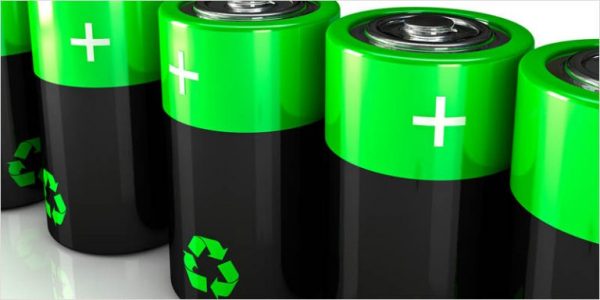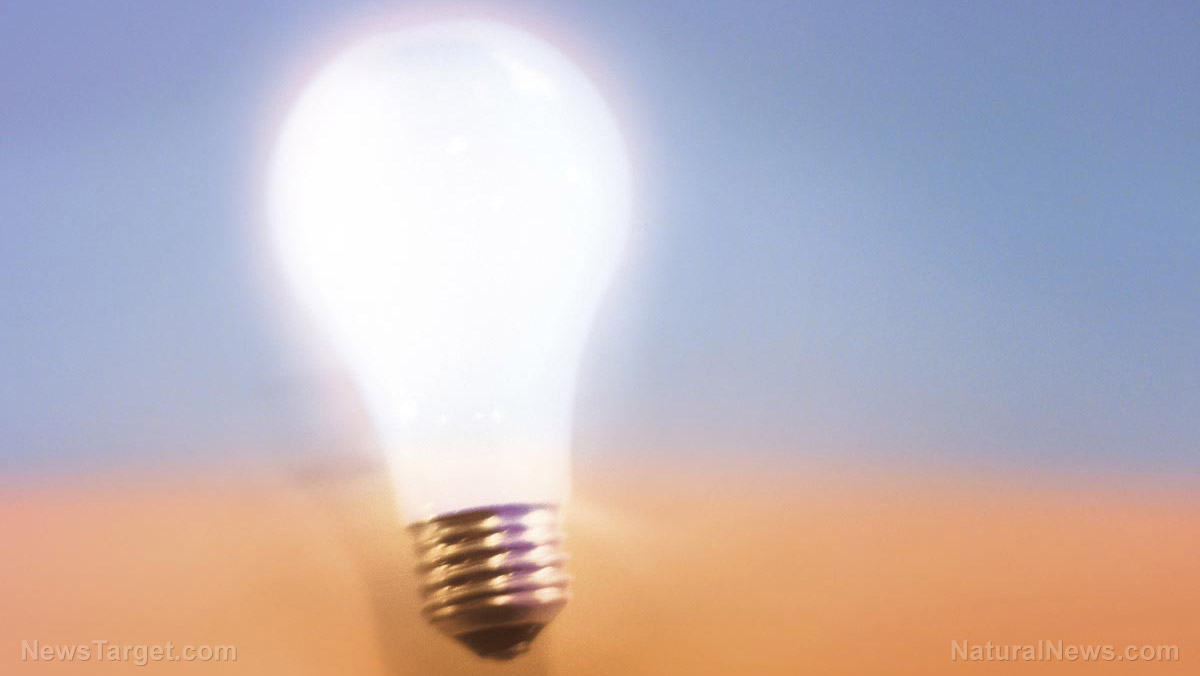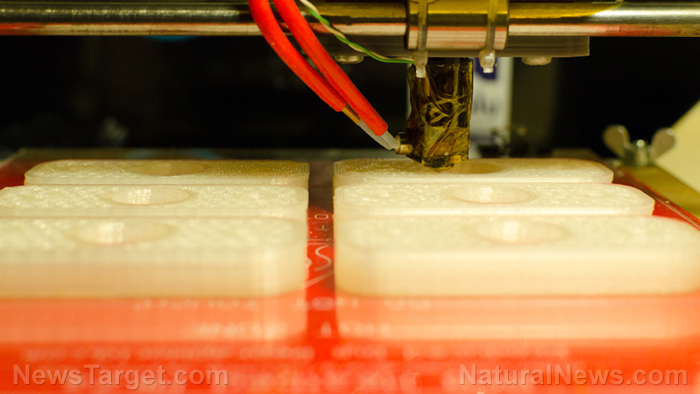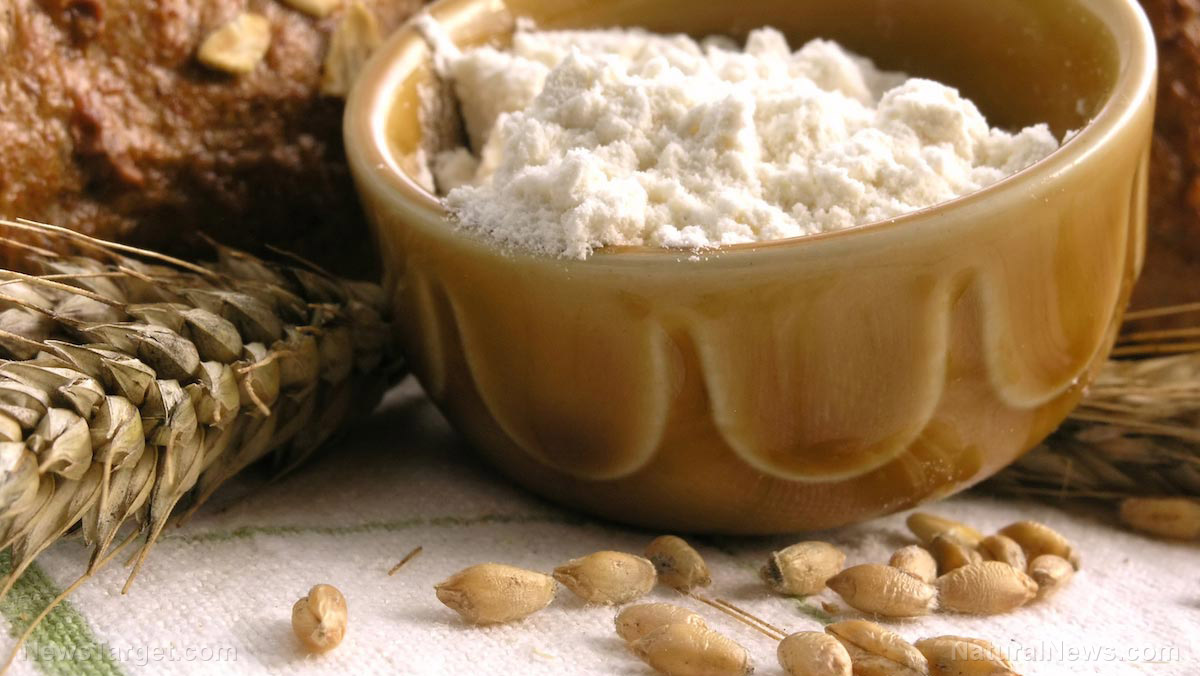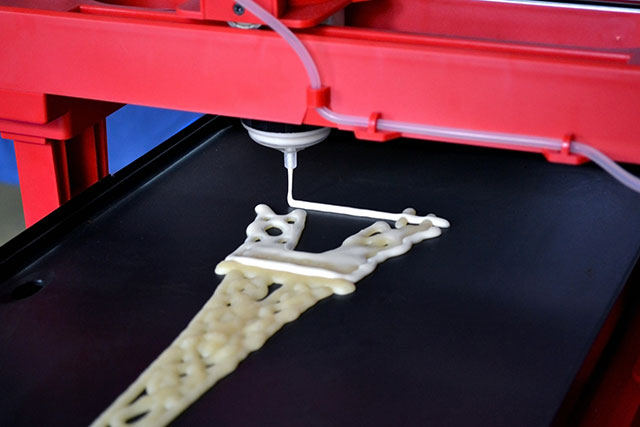As water scarcity spreads across the face of the Earth, researchers are scrambling for ways to convert non-traditional sources into potable water. In a Nano Werk article, engineering researchers from two universities reported that self-assembling block polymer membranes could be used as alternative materials in water filtration.
The United Nations warned that about 1.9 billion people do not have access to sufficient potable water. At the same time, the drinking water supplies of another 2.1 billion people are unsafe.
The scarcity of fresh water has kindled interest in other sources of water that are normally unusable. Brackish water, sea water, and wastewater require significant treatment before they can be considered safe for use.
Water treatment methods employ filters to remove salt and contaminants. Among the materials used in these filtration systems are polymer membranes, which can remove specific toxins from water.
However, polymer membranes often have trouble filtering out chemicals like pharmaceutical drugs that could harm both the environment and humans.
Self-assembled block polymer membranes are a step above conventional polymers. They are capable of adjusting the measurements of their pores and keeping all of these holes are uniform in size. (Related: Scientists create a cheap paper water filter that removes lead, arsenic and bacteria while being portable and disposable.)
New block polymer membranes can be customized to filter specific or multiple contaminants
A joint effort among researchers from the University of Notre Dame (Notre Dame) and Purdue University (Purdue) looked into the use of these special membranes to create superior water filters. They reported that self-assembled block polymer membranes could be a breakthrough technology.
“The exciting thing about self-assembled block polymer membranes is that you can engineer the nanostructure and pore wall chemistry of the membrane through the design of the block polymer molecules,” reported William Phillip, an associate professor at Notre Dame and primary author of the study. “This capability has the potential to open up a variety of new separation mechanisms that can isolate species based on chemical identity, which in turn could help to enable decentralized reuse of wastewater.”
Phillip explained that block polymer membranes possess excellent nanostructures and functionality. These qualities allowed his researchers to alter the chemical properties of the polymer at the molecular level.
The Notre Dame-Purdue team engineered large membranes that possessed high performance, smaller pores, and multi-functional pore wall chemistry that could extract solutes from water solvent. The new membranes could be built according to the unique qualities of the water source and the specialized treatment it required.
A selective membrane would be able to withstand exposure to boric acid, chlorine, and similar corrosive chemicals. They would also resist fouling which occurs when the chemicals that aren’t being screened end up in the filters.
Better water filters would make treatment processes cheaper, faster, simpler
Self-assembled block polymer membranes could offer a number of significant improvements. Filters made from these materials would be able to decrease the number of times water needs to pass through them before it is fit for irrigation.
The filters could also control chlorine levels in the filtration system. By preventing biofouling and reducing the need to clean the membranes, they could make the entire process cheaper and less damaging to the environment.
Given that billions of people lack access to sufficient and safe drinking water, the new technology could be used to tap previously untouchable water sources.
Philip and his team are exploring ways of scaling up their experimental filters. They reported that a number of the fabrication techniques for self-assembled block polymers are compatible with commercial manufacturing.
They published their findings in the journal Clean Water.
Learn more about the technologies that provide you with clean and safe drinking water at WaterFilters.news.
Sources include:
Nanowerk.com
Nature.com





